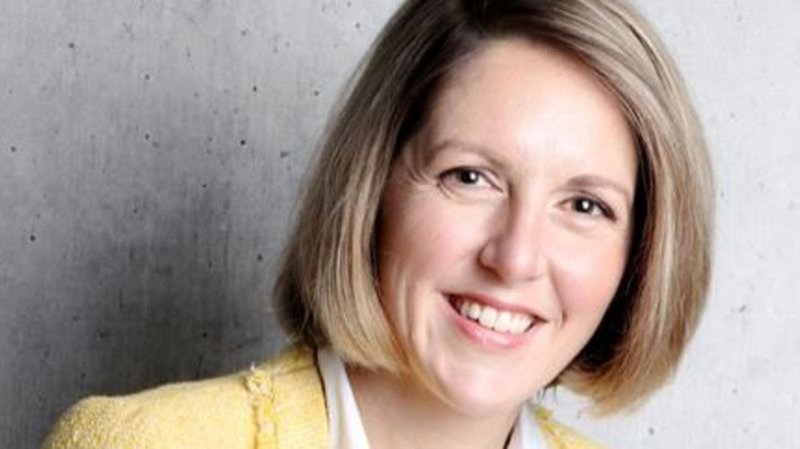
Integrity commissioner needs sporting body buy-in to investigate abuse complaints
OTTAWA — Two dozen complaints about abuse and mistreatment have been filed with Canada’s new sport integrity commissioner, but she cannot investigate most of them because so few national sporting bodies have agreed to work with her office.
Sarah-Ève Pelletier is hoping that will soon start to change.
Pelletier was appointed the country’s first sport integrity commissioner in April as the federal government moved to address what Sport Minister Pascale St-Onge has called a “crisis.”
Athletes have filed 24 complaints between June 20, when the office first began accepting them, and September.
